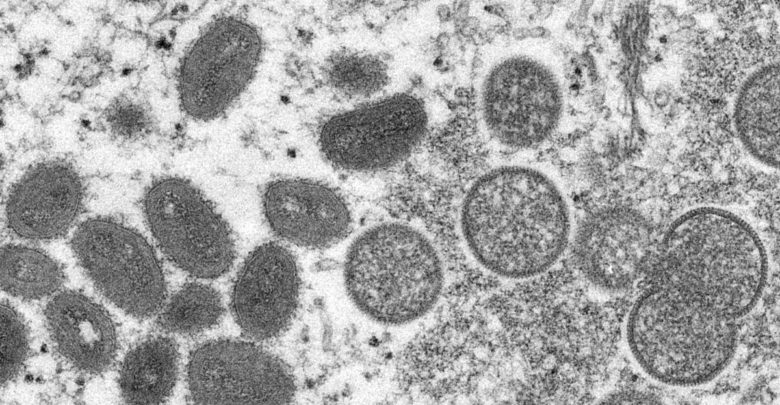Renaming the Monkeypox Variants Curbs Stigma: Africa’s CDC

KAMPALA, Uganda — The head of Africa’s public health agency says he’s “really pleased” that the World Health Organization is renaming the strains of the monkeypox disease to remove references to African regions amid concerns about stigmatization.
According to the U.N., the Clade 1 variant of monkeypox was previously called the Congo Basin. The Clade 2 variant is known now as Clade 2. What used to be known as West Africa clade has been renamed Clade 2 last week.
“We are very glad that now we can be able to call them Clade 1 and Clade 2 rather than make reference to these variants using African regions,” Ahmed Ogwell, acting director of the Africa Centers for Disease Control and Prevention, said at a briefing Thursday. “We are really pleased with that change in naming, which will remove stigma from disease-causing variants.”
This year, the African continent has seen more monkeypox cases than any other place in the world. Africa has reported a total of 3232 cases including 105 deaths. But only a few have been confirmed due to the lack of sufficient diagnostic resources.
At least 285 new cases have been reported since the agency’s last briefing a week ago, Ogwell said, adding that the West African nations of Ghana and Nigeria are reporting 90% of new cases. South Africa, Republic of Congo and Liberia are also reporting new cases.
Learn More: Monkeypox, What Does It Feel Like?
Ogwell, who urged the international community to help Africa’s 54 countries improve their capacity to test for monkeypox and control its spread, said he had no epidemiological insights to share regarding the spread of monkeypox in Africa.
But he noted that while 98% of cases are in men who have sex with men outside Africa, what’s happening on the continent of 1.3 billion people “does not reflect what other parts of the world are seeing.”
“Our focus is capacity-building so that each and every country that is at risk is ready to be able to identify these cases quickly,” he said.
Monkeypox spread typically requires skin-to-skin or skin-to-mouth contact with an infected patient’s lesions. Contact with someone suffering from monkeypox may also result in infection.
Although most people who have monkeypox are able to recover, some may experience more serious symptoms such as brain inflammation or death.
European and North American monkeypox has a lower mortality rate than its counterpart in Africa. This is because people are more likely to be sickened from contact with wild animals, such as squirrels and rodents.
Here are more must-read stories from TIME





